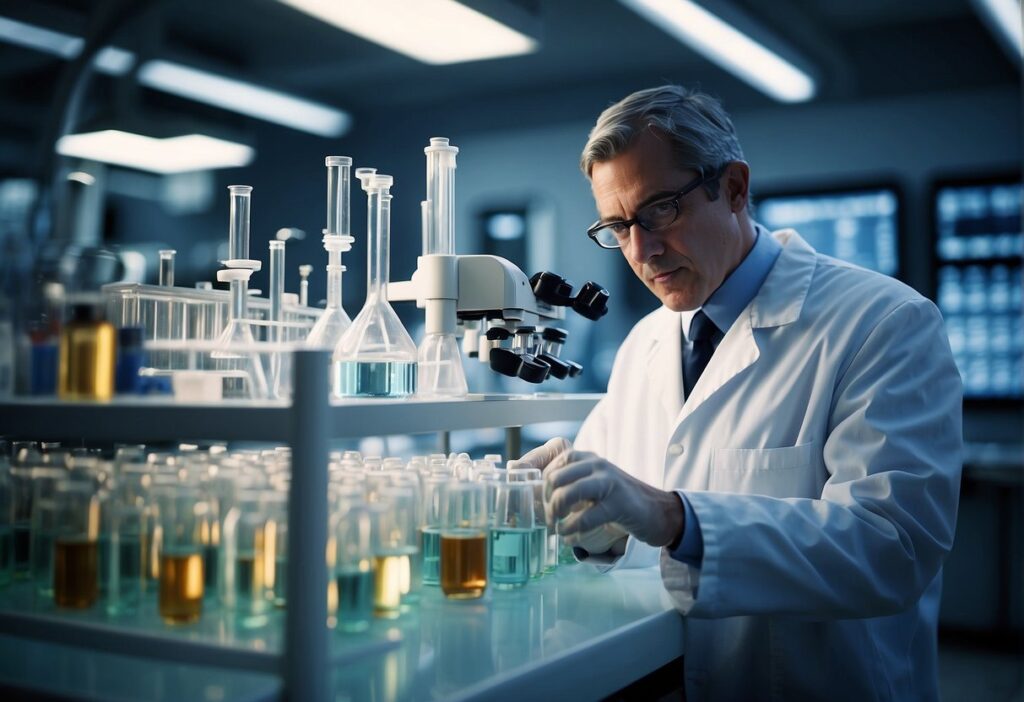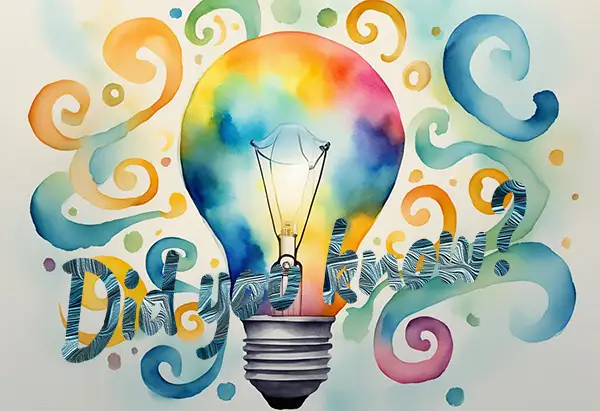
The intersection of AI and medicinal chemistry is creating waves in the pharmaceutical industry. With advances in technology, the once slow and costly process of drug discovery is now being revolutionized by artificial intelligence. AI-driven tools are reshaping how scientists approach the design and development of new drugs, promising faster results and more effective treatments.
1. The AI Revolution in Drug Discovery
AI’s impact on medicinal chemistry cannot be overstated. It promises improved efficiency, accuracy, and speed—essential qualities in an industry where time is of the essence. But how exactly does AI fit into the drug discovery puzzle?
Predictive Power: Efficacy and Toxicity Assessment
One of the key applications of AI in medicinal chemistry is the prediction of the efficacy and toxicity of potential drug compounds. Classical protocols often rely on labor-intensive experimentation to assess a compound’s effects on the human body. AI changes the game by analyzing vast datasets, identifying patterns, and making predictions with unprecedented precision.
2. Challenges and Opportunities
Data Quality and Availability
AI’s success hinges on high-quality data. Without robust datasets, its predictive capabilities are compromised. Researchers must curate and validate data meticulously to ensure reliable outcomes.
Ethical Considerations
As AI becomes deeply integrated into drug discovery, ethical questions arise. How do we balance automation with human oversight? How transparent are AI-driven decisions? Addressing these concerns is crucial for responsible implementation.
Explainable AI (XAI)
The “black box” nature of AI models can be unsettling. XAI techniques aim to demystify AI decisions, providing transparency and building trust. Researchers must embrace XAI to navigate the complexities of drug discovery.

Did You Know?
In the realm of medicinal chemistry, AI is not just a tool—it’s a trailblazer. AI has been used to autonomously design and execute complex chemical reactions. A system called Coscientist, powered by a large language model, can scour the internet for instructions, then plan and carry out the synthesis of molecules like paracetamol and aspirin. This breakthrough signifies a monumental leap in AI’s role within the laboratory, showcasing its potential to innovate and accelerate the drug discovery process.💊
3. Strategies for Success
Data Augmentation
AI thrives on data diversity. Augmentation techniques—such as generating synthetic data or enhancing existing datasets—boost model performance. By feeding AI more information, we empower it to make better predictions.
Integration with Traditional Methods
AI doesn’t replace traditional experimental approaches; it complements them. Integrating AI with lab-based research enhances efficiency. Imagine AI suggesting novel chemical reactions or predicting optimal reaction conditions.
Collaboration Across Disciplines
Medicinal chemistry is a multidisciplinary field. AI experts, chemists, biologists, and clinicians must collaborate seamlessly. Cross-pollination of ideas accelerates breakthroughs.
4. The Road Ahead
Personalized Medicine
AI tailors treatments to individual patients. By analyzing genetic data, lifestyle factors, and disease profiles, it recommends personalized therapies. Imagine a future where drugs are as unique as our DNA.
Drug Repurposing
AI scours existing drug databases for hidden gems. It identifies compounds that could treat new diseases or enhance existing therapies. This cost-effective approach accelerates drug development.
Beyond Molecules: Protein Folding and Beyond
AI isn’t limited to molecules. It tackles complex challenges like protein folding, unraveling disease mechanisms, and designing novel biomaterials. The possibilities are boundless.
Conclusion
AI and medicinal chemistry are symbiotic partners. As we navigate this exciting frontier, let’s embrace AI’s potential while respecting its limitations. By combining human expertise with AI’s computational prowess, we’ll unlock groundbreaking discoveries that benefit us all.